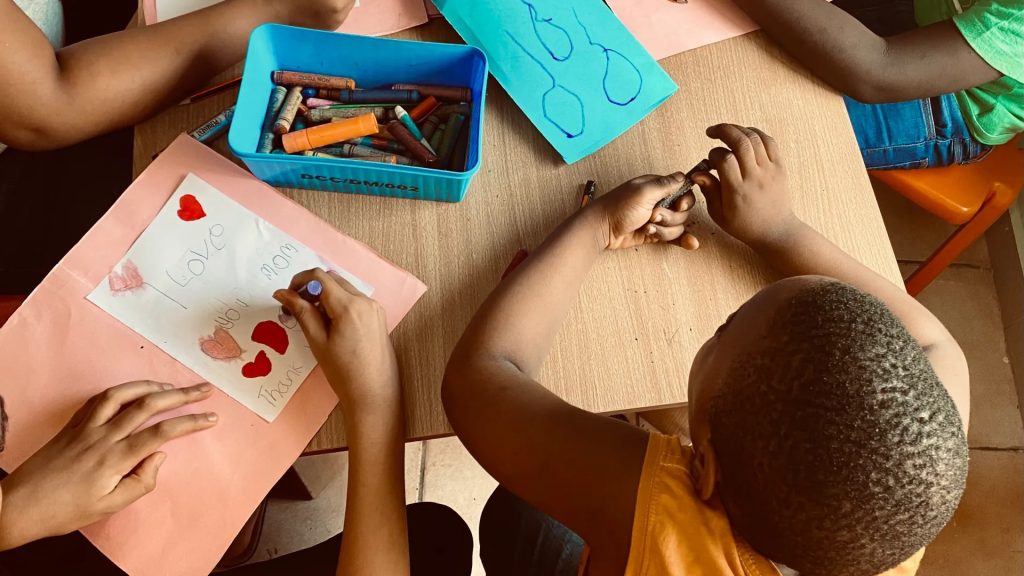
Communication is the heartbeat of any family, and in Nigeria, where familial bonds are deeply cherished, nurturing open and respectful communication is paramount. As children progress through different age groups, adapting your communication style becomes crucial. Let’s delve into strategies for open, effective, and respectful communication with children of different age groups, backed by insights from Nigerian family dynamics.
Infancy to Toddlerhood (0-2 years): Building Trust through Responsive Care
In Nigeria, where familial bonds are deeply valued, responsive care during the early years is essential. According to UNICEF, as of 2021, the infant mortality rate in Nigeria was 55.1 deaths per 1,000 live births. This statistic underscores the importance of early communication to address the needs of infants effectively. Parents can establish trust by responding promptly to their baby’s cues, fostering a sense of security that forms the basis for future communication.

Early Childhood (3-6 years): Encouraging Expressiveness and Curiosity
As children transition into early childhood, their curiosity and language skills blossom. In Nigeria, where over 82% of the population speaks more than 500 languages, parents play a crucial role in language development. Encouraging children to express themselves through words and storytelling supports their cognitive growth. Additionally, involving them in conversations about their cultural heritage fosters a sense of identity and belonging.
Middle Childhood (7-11 years): Active Listening and Validation
Nigerian parents can benefit from recognizing the challenges of this age group, where children begin to develop a sense of autonomy. UNICEF reports that approximately 30% of Nigerian children between 5 and 14 are engaged in child labor. Acknowledging their experiences, actively listening, and validating their feelings become paramount. This not only strengthens the parent-child bond but also reinforces the child’s self-worth.

Adolescence (12-18 years): Fostering Independence with Guidance
During adolescence, communication can become complex as teenagers seek independence. Nigeria, with a youth population comprising over 60% of the total, faces unique communication challenges. Parents can navigate this phase by offering guidance while respecting their child’s growing autonomy. Discussing issues such as education, career choices, and societal expectations openly contributes to informed decision-making.
Conclusion: A Holistic Approach to Parent-Child Communication
In conclusion, effective communication with children requires a nuanced and adaptable approach. Understanding the diverse needs of children across different age groups in Nigeria is crucial. By incorporating these strategies, Nigerian parents can cultivate open, effective, and respectful communication that not only strengthens family bonds but also nurtures children into confident, well-adjusted individuals poised for success in their unique cultural context.
